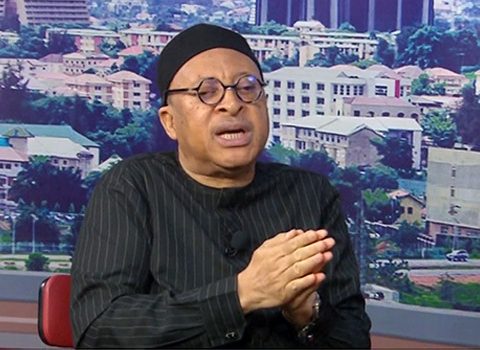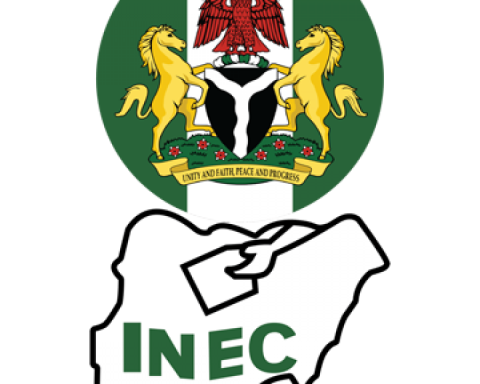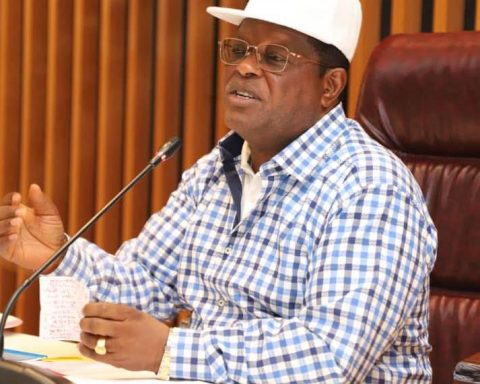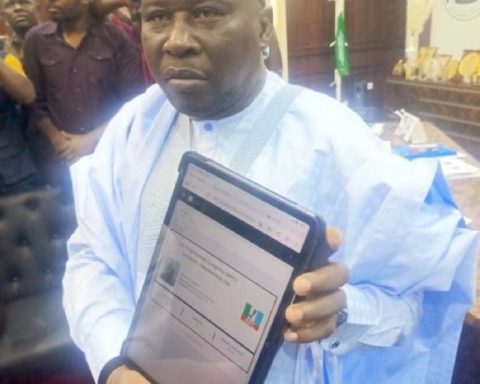Professor Pat Utomi, leader of the Big Tent Coalition, has clarified that the Shadow Government initiative is not a parallel government.
According to him, it is a civic initiative rooted in democratic principles and has constitutional backing.
Join our WhatsApp ChannelThe Big Tent Shadow Government was inaugurated on May 5, 2025, as a people-driven platform comprising thought leaders, professionals, and civic actors committed to addressing pressing national challenges—from economic instability to insecurity and institutional decay.
However, the Federal Government kicked against the initiative, describing it as an “aberration.”
In a media interview, Minister of Information and National Orientation, Mohammed Idris, said Nigeria is not a parliamentary system where such a system is practiced. Idris claimed that there is no provision in the constitution for creating such a platform.
A statement from the Big Tent Communications Office quoted Utomi responding to the claim saying: “What we have launched is not a parallel government. It is a civic instrument designed to amplify citizen voices, generate policy alternatives, and deepen participatory governance. It is rooted firmly within the constitutional rights of free expression and association.”
According to the statement, the Big Tent Shadow Government mirrors ministerial portfolios for policy critique and reform proposals but does not claim executive or legislative authority.
“The Constitution of the Federal Republic of Nigeria (1999, as amended) is clear: citizens have the right to organise peacefully, express opinions, and propose ideas for national improvement. Our initiative is entirely aligned with these rights,” Utomi stated.
READ ALSO: The New Tribe: We Seek Values Revolution For Nigeria’s Progress – Utomi
He explained that Sections 39, 40, and 22 of the Constitution guarantee the freedom of expression, association, and the civic duty to hold leaders accountable.
The Big Tent Coalition emphasised that its Shadow Government will operate transparently, lawfully, and constructively—with a strong focus on public engagement, grassroots consultation, and solution-oriented communication.
While the FG has suggested the initiative has “no legal basis,” Utomi insisted that the claim mischaracterizes the nature of the platform.
“We welcome scrutiny, but let it be fair and founded. Nigeria needs more spaces for ideas, not fewer. Our democracy is strengthened, not weakened, when citizens organize around solutions.”
The Coalition reaffirmed that it will continue to publish policy papers, hold civic town halls, and engage Nigerians across sectors—especially the youth, professionals, and grassroots communities—who are eager to contribute meaningfully to the nation’s progress.
Utomi, a Professor of Political Economy and founder of the Centre for Values in Leadership (CVL), called on the media, security institutions, and fellow citizens to approach the initiative not with suspicion, but curiosity, conversation, and collaboration.
“This is not a protest movement. It is a platform for rebuilding trust in governance— through integrity, imagination, and inclusive dialogue. If we can make Nigeria work better, then we all win—government and governed alike.”












